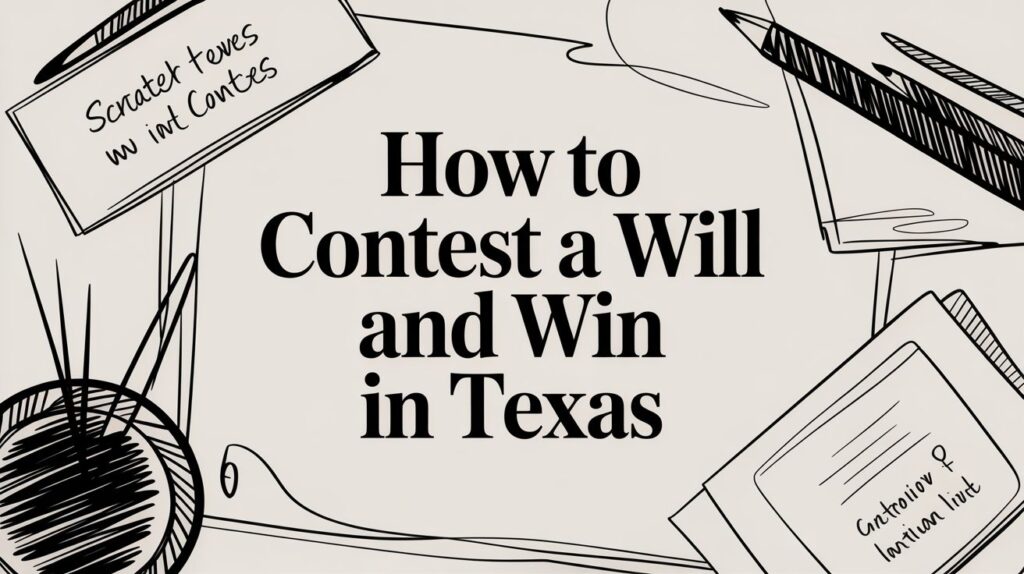Understanding the Grounds for Contesting a Will
Contesting a will in Texas requires a valid legal basis. Common grounds include lack of testamentary capacity, undue influence, fraud, or improper execution of the will. Each of these factors can significantly impact the validity of a will and must be proven in court.
For instance, if a testator was not of sound mind when they created the will, or if they were coerced into signing it, these can serve as strong grounds for contesting. Legal precedents in Texas emphasize the importance of these factors, making it crucial for individuals to understand their rights and the necessary evidence required to support their claims.
The Legal Process of Contesting a Will in Texas
The legal process for contesting a will in Texas begins with filing a lawsuit in the appropriate court. This involves submitting the necessary documentation, including the original will and any supporting evidence that substantiates the claim of contest. Understanding the procedural steps is vital for anyone considering this course of action.
After filing, the process typically includes discovery, where both parties exchange information, and potentially a trial where evidence is presented. Timelines can vary, but it is essential to adhere to Texas probate laws regarding deadlines for filing a contest, which can influence the outcome of the case significantly.
Common Mistakes to Avoid When Contesting a Will
Many individuals make critical mistakes when contesting a will, which can jeopardize their case. One common error is failing to file within the statutory time limits, which can result in an automatic dismissal of the case. It is crucial to be aware of these deadlines and to act promptly.
Additionally, relying on emotional arguments rather than legal grounds can weaken a case. A successful contest requires clear, factual evidence that aligns with Texas law. Consulting with an experienced probate attorney can help avoid these pitfalls and improve the chances of a favorable outcome.
The Role of an Attorney in Contesting a Will
Engaging an attorney who specializes in probate law is essential when contesting a will. They provide valuable legal expertise, guiding clients through the complexities of the legal system and ensuring compliance with all procedural requirements. An attorney can also help in gathering evidence and formulating a compelling argument.
Moreover, an experienced probate attorney can negotiate settlements and represent clients in court, significantly increasing the likelihood of a successful outcome. Their knowledge of Texas probate laws and familiarity with local courts can be invaluable assets in navigating the contesting process.


